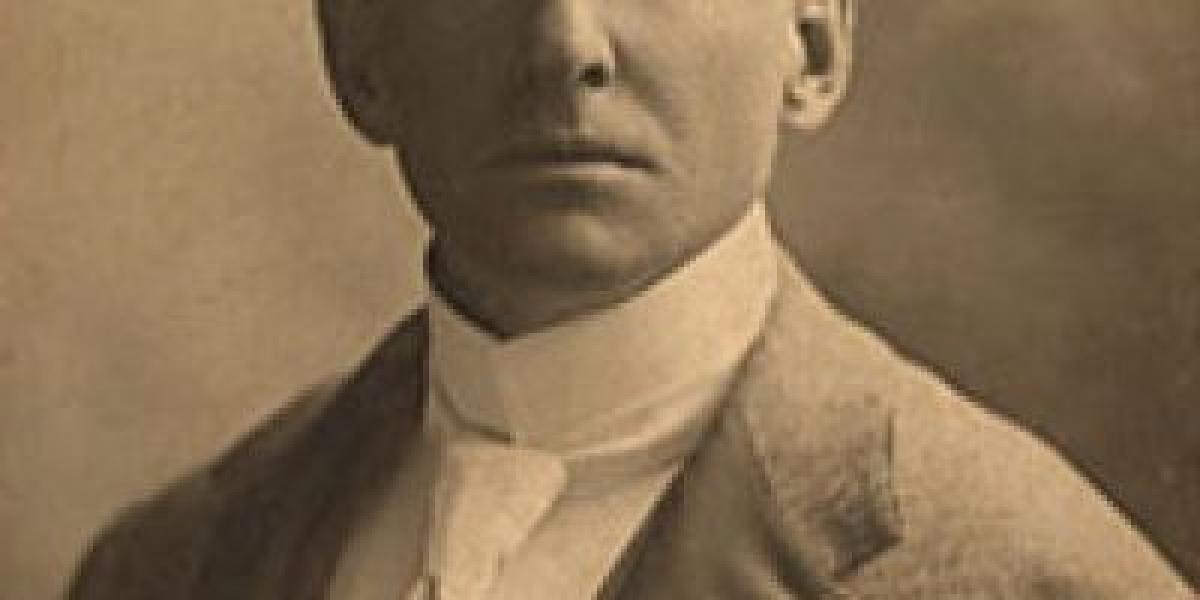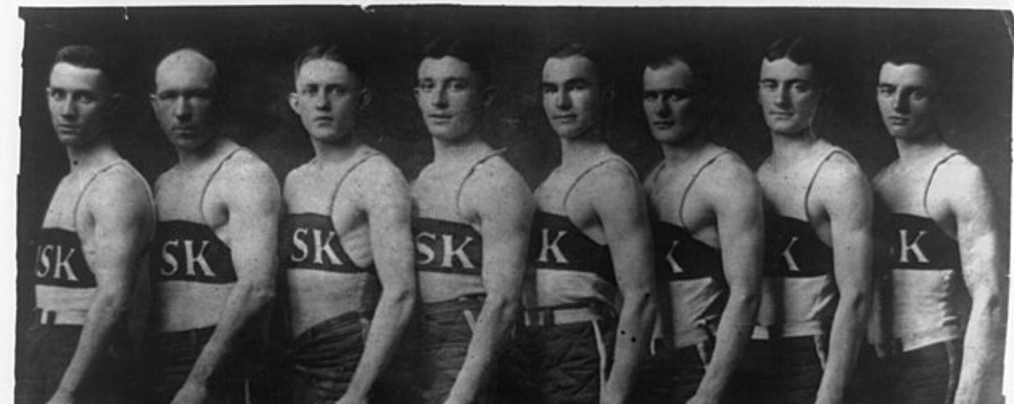Anson's baseball journey began in the National Association (NA) before flourishing in the newly formed National League. He quickly established himself as a dominant force, a feared hitter with exceptional bat control. His leadership qualities were evident, and he captained the Chicago White Stockings (later Cubs) to five National League pennants in the 1880s. His innovative tactics, including the use of signals and a focus on pitching rotation, helped shape the game's strategic evolution.
Anson's offensive prowess was legendary. He was one of the first players to reach the coveted 3,000-hit mark, a testament to his longevity and consistency. He led the league in runs batted in (RBI) an astonishing seven times and remains a franchise record holder for the Chicago Cubs in numerous offensive categories.
However, Anson's legacy is deeply tarnished by his unwavering racism. He vehemently opposed integration in baseball, refusing to take the field against teams with Black players. This stance, unfortunately, reflected broader societal prejudices of the time. While his contributions to the game's on-field development are undeniable, his racist views cast a long shadow and represent a dark chapter in baseball history.
The complexities of Cap Anson's legacy demand a nuanced approach. He was a baseball pioneer, a skilled player, and a shrewd manager who helped shape the sport we know today. However, his racism cannot be ignored or downplayed. It is a critical part of baseball's history, a reminder of the sport's long journey towards inclusivity.
Born April 17, 1852, in Marshalltown, Iowa, was Baseball Hall Of Fame infielder Cap Anson. Including his time in the National Association, Cap played a record 27 consecutive seasons. Anson was regarded as one of the greatest players of his era and one of the first superstars of the early MLB. He spent most of his career with the Chicago Cubs franchise (then known as the "White Stockings" and later the "Colts"), serving as the club's manager, first baseman and, later in his tenure, minority owner.





